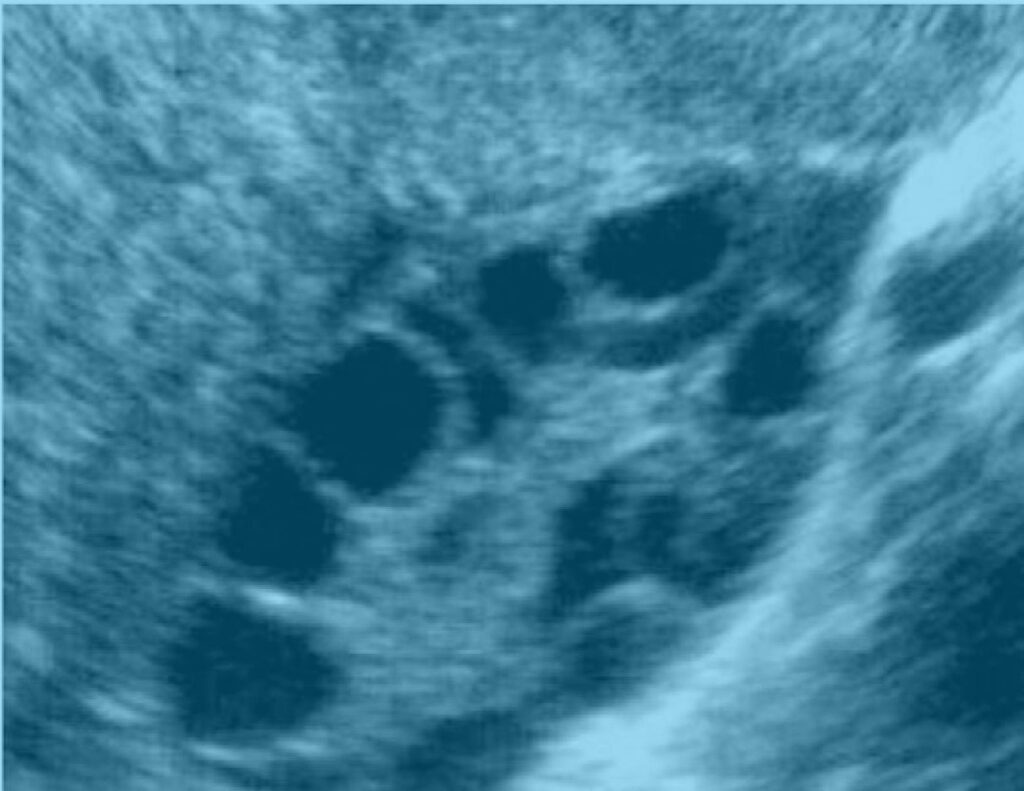L’inositolo “accende” la fertilità femminile

BIMBI SANI & BELLI L’inositolo si trova in molti alimenti tra cui riso integrale, soia, avena, orzo. La sua presenza favorisce la fertilità femminile. Ecco perché. Grazie agli studi condotti presso l’Università Ipus di Chiasso in Svizzera, con la collaborazione della Commonwealth University della Virginia (USA), si è arrivati alla scoperta delle nuove potenzialità di […]
Le nuove cure per l’ovaio policistico

STARBENE Le nuove cure per l’Ovaio Policistico Rende difficile concepire un bambino, provoca aumento della peluria, acne, perdita di capelli. Ma la buona notizia è che oggi si combatte facilmente. Ingrossate e ricoperte di piccole formazioni tondeggianti: così diventano le ovaie di chi soffre di policistosi ovarica (o sindrome dell’ovaio policistico). Un problema che colpisce […]
Ovaio Policistico: un aiuto da fragole e arance

VIVERSANI E BELLI Interessa il 5-10% delle donne in età riproduttiva e, spesso, rende di difficile avere un figlio. La sindrome dell’ovaio policistico infatti è uno dei motivi più frequenti dell’infertilità. Al World pediatric and adolescent gynecology congress, il simposio scientifico da poco concluso a Firenze, è stata presentata una sostanza che sembra in […]
Inositol safety clinical evidences

Myo-inositol is a six carbon cyclitol that contains five equatorial and one axial hydroxyl groups. Myo-inositol has been classified as an insulin sensitizing agent and it is commonly used in the treatment of the Polycystic Ovary Syndrome (PCOS). However, despite its wide clinical use, there is still scarce information on the myo-inositol safety and/or side […]
Polycystic Ovary Syndrome: Features, Diagnostic Criteria and Treatments

Polycystic ovary syndrome (PCOS) is one of the most common female endocrine disorder that affects 6–15% of the female population. It is a very complex syndrome that involves the hypothalamus, the pituitary gland, the ovaries, the adrenal gland and the peripheral adipose tissue that together contribute to create a generally imbalance, associated with three […]
PCOS Features, Diagnostic Criteria and Treatments

Polycystic ovary syndrome (PCOS) is one of the most common female endocrine disorder that affects 6–15% of the female population. It is a very complex syndrome that involves the hypothalamus, the pituitary gland, the ovaries, the adrenal gland and the peripheral adipose tissue that together contribute to create a generally imbalance, associated with three characteristic […]
Polycystic ovary syndrome

Polycystic ovary syndrome (PCOS) is one of the most common female endocrine disorder that affects 6–15% of the female population. It is a very complex syndrome that involves the hypothalamus, the pituitary gland, the ovaries, the adrenal gland and the peripheral adipose tissue that together contribute to create a generally imbalance, associated with three characteristic […]
The Rationale of the Myo-Inositol and D-Chiro-Inositol Combined Treatment
PCOS is one of the most common endocrine disorders affecting women and it is characterized by a combination of hyper-androgenism, chronic anovulation, and insulin resistance. While a significant progress has recently been made in the diagnosis for PCOS, the optimal infertility treatment remains to be determined. Two inositol isomers, myo-inositol (MI) and D-chiro-inositol (DCI) have […]
Updates on the myo-inositol plus D-chiro-inositol combined therapy in polycystic ovary syndrome

Polycystic ovary syndrome (PCOS) is one of the most common endocrine disorders affecting women of reproductive age. It is characterized by chronic anovulation, hyperandrogenism, and insulin resistance. It is the main cause of infertility due to the menstrual dysfunction and metabolic disorders. Women with PCOS also have an increased cardiovascular risk because of dyslipidemia and […]
Myo-inositol in a new pharmaceutical form: a step forward to a broader clinical use
Objective: Dose-dependent side effects related to myo-inositol (MI) oral administration represent a significant shortcoming for its clinical use. Aiming to search for a pharmaceutical form able to be better absorbed, the pharmacokinetic (PK) profile of the new manufactured MI soft gelatin capsule form was evaluated and compared with the commercially available MI powder. Research design and methods: A single-dose […]

